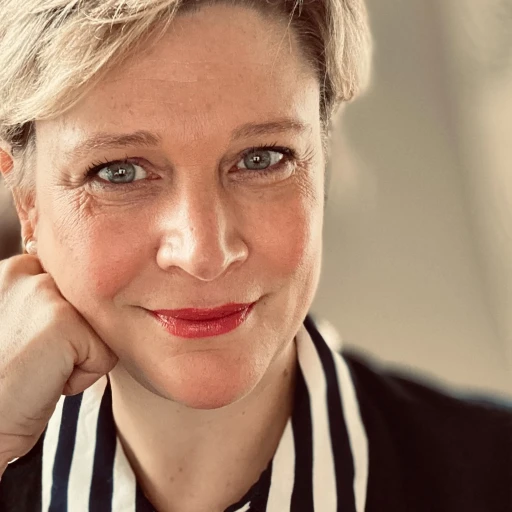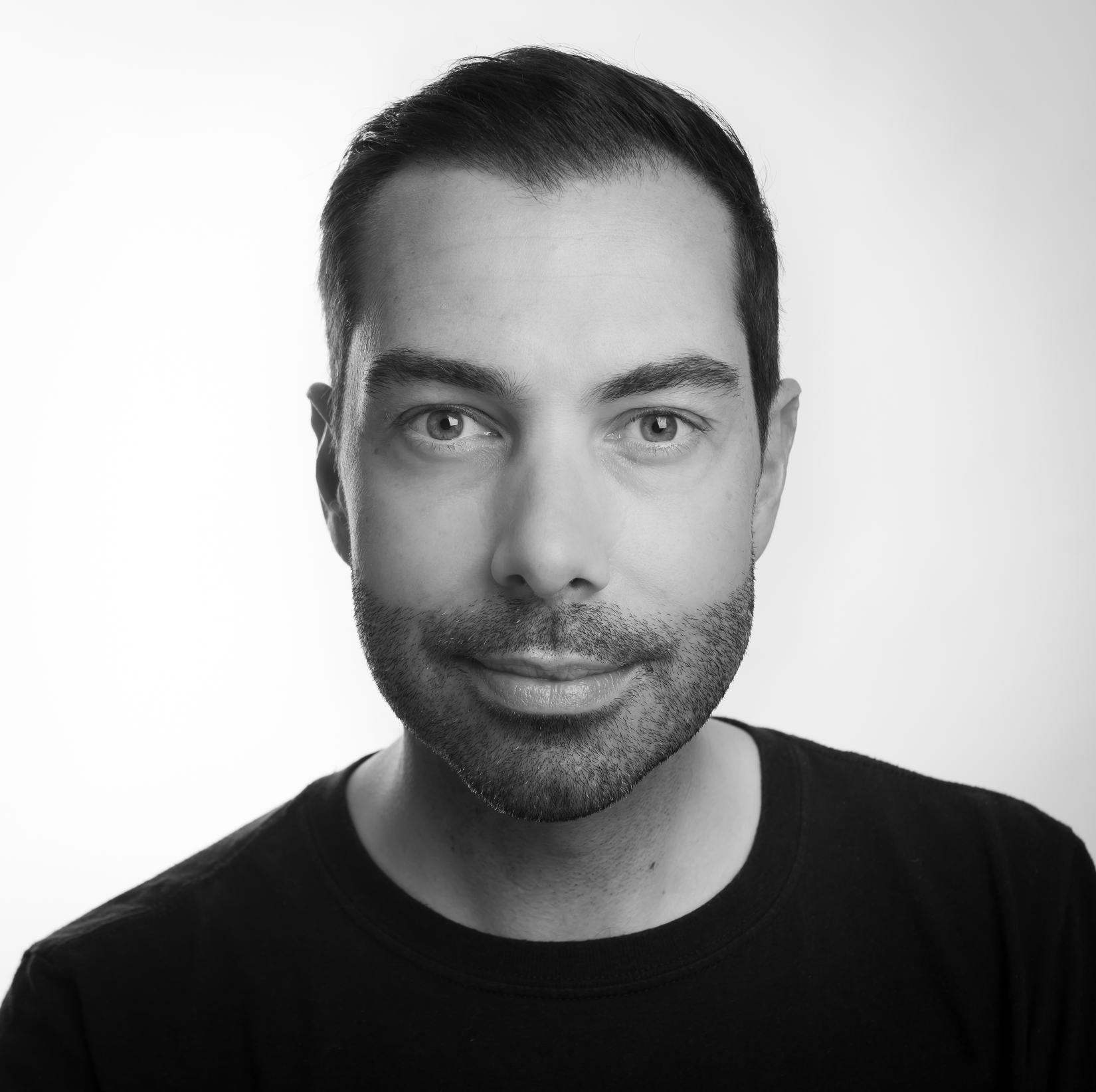Monika, with your vast experience in opening iconic hotels, how do you see the balance between maintaining the essence of a brand and innovating the guest experience to ensure sustainable hospitality?
The balance lies in honouring the brand’s core identity while using innovation to elevate but not replace the guest experience. Every brand should have a unique narrative, and staying true to that story in all aspects of the delivery is essential, especially when working with properties that carry strong emotional or historical significance. Innovation can be a tool that enhances the guest journey in alignment with that identity.
However, we must not lose sight of some basics: genuine hospitality, service excellence and the human connection. These are timeless pillars. Of course, Technology can enhance efficiency and sustainability can deepen purpose. But what guests remember most are the moments of authentic and personalized care, the sense of being seen and valued. At the end of the day, no amount of innovation replaces the warmth of a sincere welcome or the attentiveness of a well-trained team. Keeping that human aspect at the centre ensures that transformation remains grounded and meaningful.
Can you share an example of a challenging hotel opening or restructuring project you were involved in, and how you addressed sustainability and guest experience transformation during that time?
While working for Interior Design Firms, one interesting project my previous team was involved in was the repurposing of an old building into a luxury hotel. The property was located outside a well frequented tourist area and preserving its architectural integrity was non-negotiable, so structural changes were off the table. This required the team to completely rethink the use of space within the existing framework. Our main challenge was, as it often is, budget constraints, which the team addressed creatively by upcycling and renovating the existing FF&E instead of sourcing everything new. This approach minimized costs and aligned with our commitment to sustainability.
In addition, the design team wanted the hotel to feel deeply connected to its heritage and community, so we shifted away from typical brand standards and created a more authentic, culturally resonant experiences.
In your career, you've worked in various cultural environments. How has this experience influenced your approach to creating human-centric and sustainable hospitality experiences across different markets?
I can’t emphasize it enough; hospitality is about people and understanding cultural differences is fundamental. I strongly believe that experiences must be local to be effective. What works in Paris might not make sense in Abu Dhabi. Through my experience in working with designers I learned that to be effective one needs to listen thoroughly, respect traditions and tailor service accordingly. The ability to adapt without compromising the brand is essential and sometimes one needs to make hard choices whether a brand makes sense in that location.
As a hospitality leader fluent in multiple languages, how do you leverage this skill in fostering an inclusive and diverse team that can elevate both performance and the guest experience?
Speaking several languages is of course helpful in our industry. It opens doors, builds trust more quickly and creates connection. But language alone isn’t enough. To truly lead inclusively and effectively in diverse environments you must also invest time in understanding the cultural context behind the language: values, communication styles, work ethics and social nuances. This cultural awareness allows for more empathetic leadership and helps avoid misunderstandings that can undermine team cohesion.
In practice, this means that I had to adapt how I communicate many times and create an environment where everyone feels respected and heard. Engaged employees create more thoughtful and culturally sensitive guest experiences. A diverse team that feels seen and empowered is a team that can anticipate and respond to guest needs with authenticity and warmth.
Considering the emphasis on sustainability in modern hospitality, what specific practices have you implemented in hotel operations to balance environmental responsibility with maintaining luxury and comfort for guests?
Sustainability should never feel like a compromise, but it should enhance the experience. Sustainability needs to be implemented from the very beginning, architectural choices, interior design and material use. The design team I worked with sourced local, searched for local artisans and integrated biophilic design wherever it made sense. One typical and easy to implement operational practice is a smart and dynamic room allocation for better energy use, assigning rooms that had already stabilized in temperature and avoiding unnecessary energy peaks from heating or cooling empty rooms.
Luxury today is about thoughtful choices, and I am certain guests appreciate when their stay aligns with their values.
Could you elaborate on how you empower teams to contribute to the transformation of the guest experience, ensuring that each team member plays a role in sustainable and human-centered hospitality?
Empowerment begins with trust and a clarity of purpose. I usually start by ensuring that each team member understands their operational role, but also the ‘why’ behind what we’re doing. I do believe in open and transparent communication, regular one to one exchanges, team discussions, workshops and cross-functional idea sessions. You should make sure to recognize team contributions that elevate the guest experience in line with your values. I also encourage a culture of micro innovation: small, team-driven initiatives that can be piloted and scaled. I do believe that this approach improves team engagement and ensures that transformation isn’t top-down, unfortunately too many teams are micro-managed, losing the amazing potential in a team.
Looking forward, what do you see as the critical trends in hospitality that will shape the future of hotel openings and guest experiences, and how should leaders prepare for these shifts?
I see that travellers focus more and more on regenerative travel, clients search for strong personalization of their travels and I strongly believe in creative cross-sector collaborations especially with local artisans, sustainability startups and wellness providers. To stay relevant, leaders need to stay curious ad open about everything that surrounds them, adapt constantly and invest in their people now more than ever. It’s about moving to a transformational mindset, seeing every guest and team interaction as a chance to inspire, connect and leave a positive footprint.

